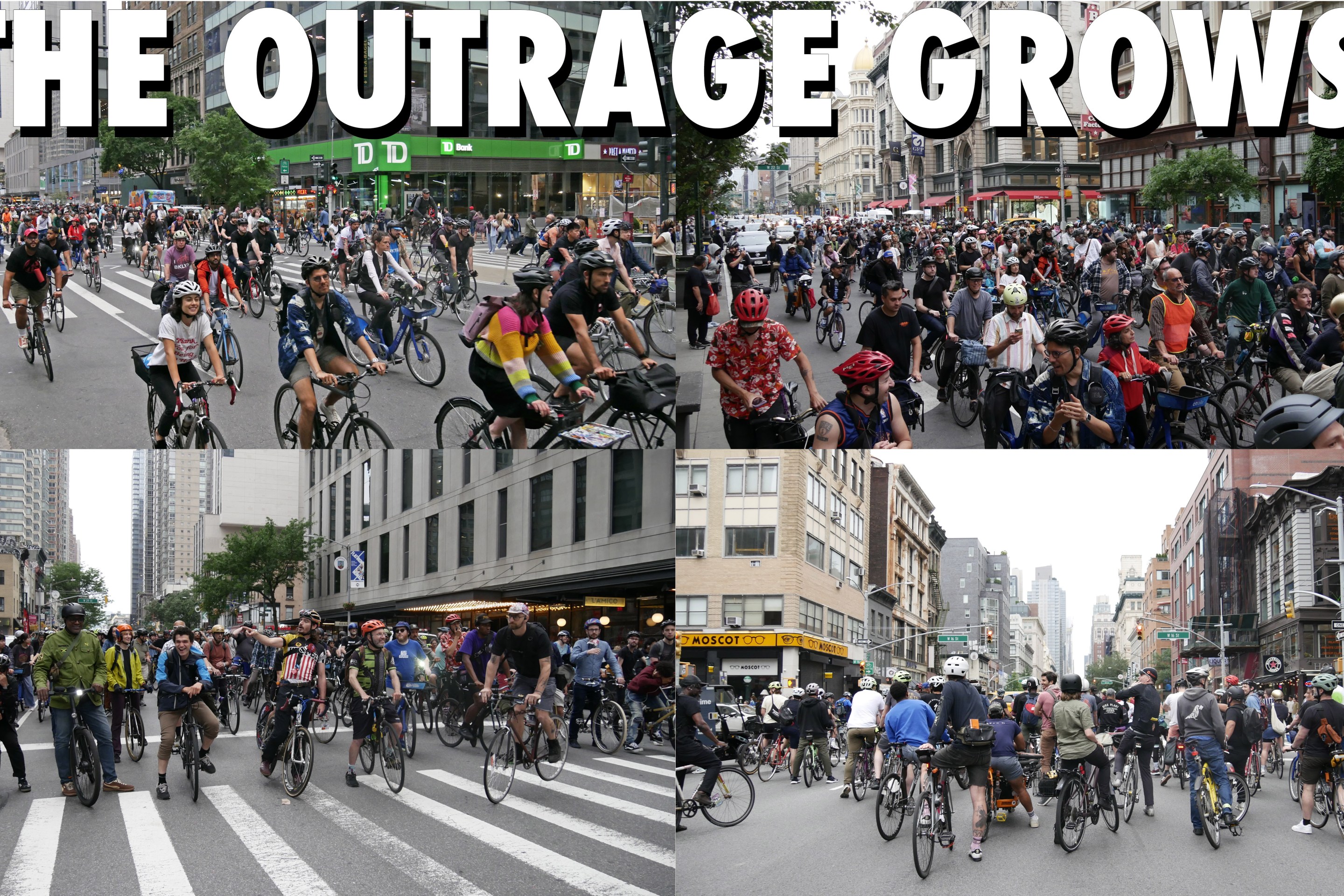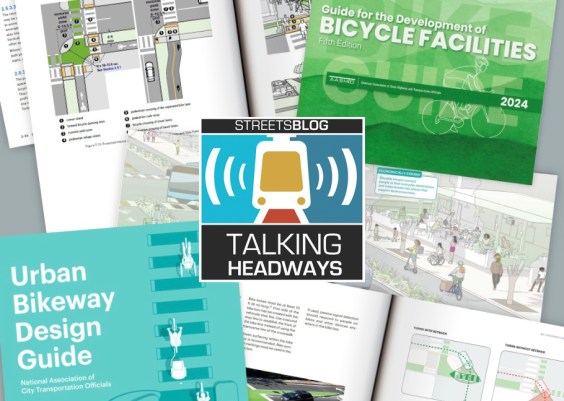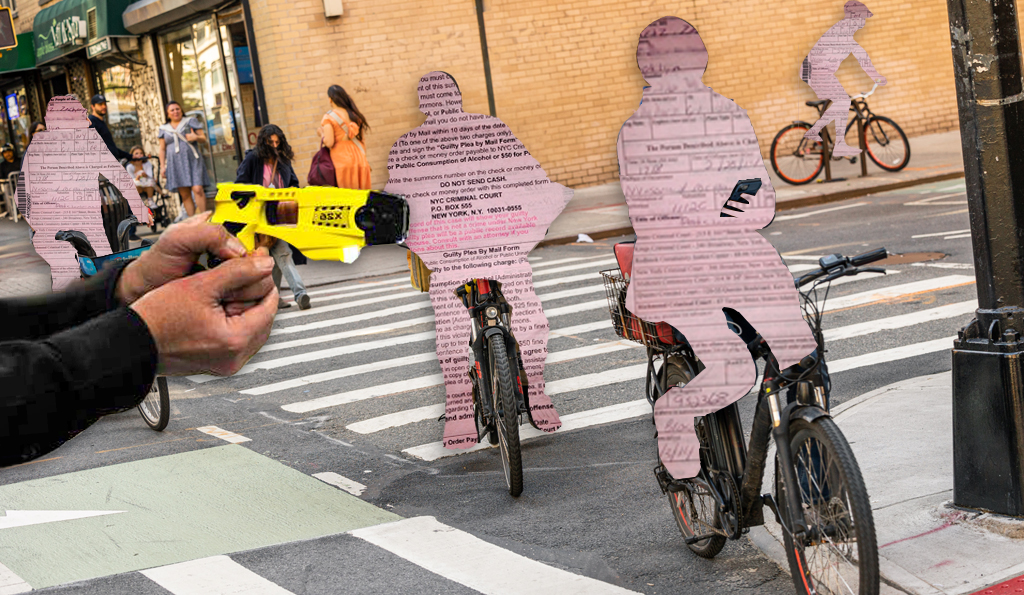On Tuesday the District Attorneys Association of the State of New York released its agenda for cleaning up and toughening state and federal gun laws. Manhattan DA Cy Vance, named to a one-year term as DAASNY president last summer, announced that the organization had sent a letter to Governor Cuomo and legislative leaders with a host of proposals, ranging from restrictions on high capacity magazines to stiffer penalties for gun crimes and changes to mental health laws.

Said Vance in a statement:
Week after week, innocent victims are gunned down while trying to go about their daily lives. We in government must do more for ordinary citizens, in New York and around the country. New York has long been a leader in sound gun control policy while respecting the Second Amendment. The proposals we support would strengthen our ability to protect New Yorkers against senseless gun violence by keeping dangerous weapons out of the hands of criminals and emotionally disturbed individuals.
In New York City, where people in cars kill roughly as many victims as do people with guns, survivors and advocates have long called for legislative action to advance the cause of traffic justice. While it's too early for specifics, vehicular crimes law is also on this year's DAASNY agenda, according to Vance's office.
"The DAASNY legislative affairs committee, which creates the legislative agenda with input and consensus of members, has a subcommittee on vehicular crime," said Vance spokesperson Erin Duggan, in an email to Streetsblog. "The bipartisan, upstate/downstate DAASNY gun agreement shows that sensible fixes to the laws are possible. There are a number of areas DAASNY will weigh in on this year, as consensus is reached with the 62 members."
There are plenty of fixes to be made.
Vehicular laws in New York State are weak and rife with loopholes. Criminally negligent homicide is a Class E felony, the least severe of all felony categories, with a minimum sentence of probation. The state's vulnerable user law has been interpreted by NYPD to exclude offenses that are not witnessed by a police officer. In the aftermath of a serious crash, motorists suspected of DWI can delay the collection of blood evidence at will. To get a hit-and-run conviction, prosecutors must practically convince a jury that they can read a defendant's mind, giving rise to the highly successful "I didn't see her" defense. Compounding the obstacles presented by labyrinthine statutes, the state's highest court has repeatedly undermined prosecutions, betraying a bias against vehicular crimes cases.
Prosecutors concerned with conviction rates are reluctant to pursue charges in such an environment. When they do, outcomes can be maddeningly unpredictable. In court, victims are put on trial along with their drunken killers. Judges throw out guilty verdicts. Just yesterday the Post reported that a grand jury failed to indict a Queens motorist for attempted murder for an incident in which he allegedly dragged two police officers and struck a third with an SUV.
All of which points to a need for decisive leadership on the part of the state's district attorneys. Maureen McCormick, a vehicular crimes specialist whose boss, Nassau County DA Kathleen Rice, is nationally known for pursuing murder charges in DWI fatalities, has spoken often of efforts to reform the traffic code. While running for office in 2009, Vance pledged, among other measures, to push for heightened penalties for habitual reckless drivers, and for vehicular homicides and assaults that do not involve alcohol or drugs.
As the chief advocate for New York's top prosecutors, Vance is in a unique position to help himself and his colleagues by making good on his traffic safety platform.
Says attorney Steve Vaccaro, who represents families that have lost loved ones to vehicular violence: "You can't kill multiple people with a single shot of a gun. You can't put down a gun and have it kill people while you aren't operating it. How can we regulate guns so strictly in the city -- and rightly so -- without recognizing the need to regulate driving even more strictly?"





